9/11 Questions
Bush and Cheney Refused to Testify Under Oath in front of 9/11 commission
President George W. Bush and Vice President Dick Cheney met with the 9/11 Commission in a closed-door session at the White House.
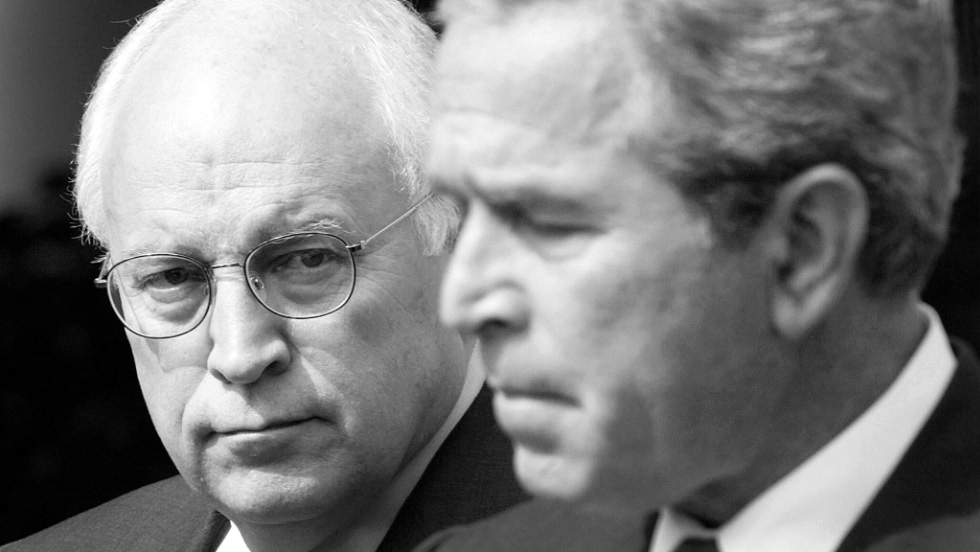
President George W. Bush and Vice President Dick Cheney met with the 9/11 Commission in a closed-door session at the White House. Jim Lehrer discusses the historical significance of their meeting with presidential historians Michael Beschloss and Richard Norton Smith.
JIM LEHRER: The 9/11 commission at the White House. After meeting with the commissioners in the Oval Office President Bush spoke to reporters in the Rose Garden.
PRESIDENT GEORGE W. BUSH: The vice president and I just finished a good conversation with the 9/11 commission. It was wide-ranging, it was important. It was just a good discussion, and I really appreciated the members. I want to thank the chairman and vice chairman for bringing the commission here and giving us a chance to share views on different subjects, and they had a lot of good questions. And I’m glad I did it. I’m glad I took the time. This is an important commission, and it’s important that they asked the questions they asked so that they can help make recommendations necessary to better protect our homeland. But it was a… I enjoyed it. Let me ask… answer a couple of questions.
REPORTER: Mr. President, what topic did the commissioners want to spend most of the time on? And were there any subjects that you didn’t answer or were advised by your counsel not to answer?
PRESIDENT GEORGE W. BUSH: No, I was never advised by my counsel not to answer anything. I answered every question they asked. I really… it’s probably best that I not go into the details of the conversation, and let them incorporate into their report. There was a lot of interest… a lot of interest in about how to better protect America . In other words, they’re very interested in the recommendations that they’re going to lay out, and I’m interested in those as well. It was a very cordial conversation. I was impressed by the questions. And it was, I think it helped them understand how I think, and how I run the White House, and how we deal with threats. John.
REPORTER: Mr. President, as you know, a lot of critics suggested that you wanted to appear jointly with the vice president so that you two could keep your stories straight or something.
PRESIDENT GEORGE W. BUSH: Yeah.
REPORTER: Could you tell us what you think of the value of appearing together and how you would answer those critics?
PRESIDENT GEORGE W. BUSH: Yeah, first of all, look, I mean, if we had something to hide, we wouldn’t have met with them in the first place. I came away good about the session, because I wanted them to know, you know, how I set strategy, how we run the White House, how we deal with threats. The vice president answered a lot of their questions, answered all their questions. And I think it was important for them to see our body language as well, how we work together.
REPORTER: Can you say with any confidence that there are no Al-Qaeda operatives active in the country today?
PRESIDENT GEORGE W. BUSH: No, I can’t say that.
REPORTER: Did the commission ask you about that?
PRESIDENT GEORGE W. BUSH: No, they didn’t, but I’m not going to get into anymore details about what they asked me. I told you I wasn’t going to get into details about what they asked me, and I just fell into your trap. But no let me talk about vulnerabilities, and then I got to get back to work. We are still vulnerable to attack. And the reason why is Al-Qaeda still exists. Al-Qaeda is dangerous, Al-Qaeda hates us. But people need to know we’re working. We ,the government, at all levels, are working long hours to protect America. We’re doing the best we can. The best way to secure America , however, is to stay on the offensive and bring those people to justice before they harm America again.
March 2004 meeting in an historical context
JIM LEHRER: And now to presidential historians, Michael Beschloss, and Richard Norton Smith, who’s director of the Lincoln Presidential Library and Museum in Springfield , Illinois. Richard, words like extraordinary and historic were thrown around today to describe what President Bush and Vice President Cheney did today in testifying before the commission. Do those words apply?
RICHARD NORTON SMITH: I think they do, Jim. For once the word historic is not an overstatement of what transpired today. Presidents have met with commissions in the White House in the past, but usually they have been commissions of their own creation. Lyndon Johnson, of course, created the Warren Commission to investigate the assassination of President Kennedy, and he met with the commissioners in a very informal and certainly not in anyway confrontational setting. Certainly he was not under oath. That is one precedent. Ronald Reagan created the Tower Commission in an attempt or belated attempt to get out in front of the congressional investigation of Iran-Contra and Judge Walsh, the special prosecutor. Reagan named three members, including Senator John Tower, Edmund Muskie and Brent Scowcroft. He met with those members. Again, it was an informal, not under oath, and interestingly, the commission established its own credibility and bolstered the administration’s credibility when it came out with a report that was quite critical of Reagan’s management style.
JIM LEHRER: Then there was Pearl Harbor , was there not, Michael?
MICHAEL BESCHLOSS: There was. Richard is giving Johnson more credit than he deserves.
JIM LEHRER: I was going to ask you about that.
MICHAEL BESCHLOSS: Johnson actually refused to meet with the Warren Commission. He wrote them a letter. One reason was something I think is germane here — he was worried if he met with members of the Michael BeschlossWarren Commission, he might be caught saying something that later on turned out not to be true or allowed someone to somehow say that Johnson had not behaved well at the time of the Kennedy assassination.
JIM LEHRER: So he did not meet with the commission?
MICHAEL BESCHLOSS: He did not. JIM LEHRER: Sorry about that Richard. MICHAEL BESCHLOSS: He wrote a letter. What can I do? We’ll have to have jeopardy another time. That’s why this is so unusual. The Pearl Harbor Commission that was appointed during world war II, while the war was still on, Roosevelt did not meet with them. He felt to meet with a commission as a commander-in-chief, he might say things that would harm the war effort. No one really questioned. That this is not a free-floating anxiety because when Reagan did meet with the Tower Commission on Iran-Contra, he gave two different versions about when he approved the sale of missiles to Iran. Had that been a more confrontational commission, Reagan could have been in very hot water.
The impact of the meeting in an election year
JIM LEHRER: They didn’t really hammer him about it. They pointed it out in their report, but they didn’t really hammer him, did they?
MICHAEL BESCHLOSS: That’s right. Can you imagine in the atmosphere of 2004 with a president running for reelection in a white-hot political atmosphere, the same thing probably wouldn’t happen this year.
JIM LEHRER: Richard, much has been made… you do stand corrected, right, and you’re sorry you said that…
RICHARD NORTON SMITH: You know what, now you know why they call history argument without end. I’ll tell you what, If you look at the Warren Commission, among their 562 witnesses, they claimed Lyndon Johnson. If that’s not good enough — I talked to President Ford, who was the last surviving member who claims at least that there was a decidedly informal session, whatever you want to call it.
MICHAEL BESCHLOSS: I think, Richard, it depends on what the meaning of the word “witness” is.
JIM LEHRER: OK, Richard, much has been made over the fact that neither President Bush nor Vice President Cheney were under oath, as were all other witnesses before this commission. Should that be a big deal? How do you interpret that?
RICHARD NORTON SMITH: I know to the public it seems like maybe it ought to be a big deal, but the fact is that this is a legislatively created investigative body, and just as presidents do not testify before Congress, again with the exception of Gerald Ford who voluntarily went up to the Hill to talk about the Nixon pardon, but the fact is there is a wall around the presidency. Presidents do not go under oath. I’ve already mentioned Ronald Reagan. You know, the one exception in recent years was Bill Clinton. The Supreme Court breached that wall just a little bit in a decision I suspect they probably regret. We saw the virtual paralysis of the presidency for two years. Not because of anything President Clinton did as president, but because of the Paula Jones and related cases. So the founding fathers had something called…
JIM LEHRER: Let’s explain that. He was testifying in a deposition in the Paula Jones’ case. He raised his hand and testified under oath, correct?
RICHARD NORTON SMITH: That’s right. He also testified in Little Rock in the Whitewater case, but the fact is the separation of powers precludes a president from being sued for any action, official action, and for testifying under oath for any action of his as president.
How history will record meeting
JIM LEHRER: Michael, the other thing people have been making a big to-do about, the president was asked about it again this afternoon, was the fact that he appeared with the vice president. He didn’t – some of the Democrats were saying, my goodness, he could sit down for hours with Bob Woodward alone, but he couldn’t go before the 9/11 Commission alone. How do you read that?
MICHAEL BESCHLOSS: Well, I think that is the one part of this that was historic. You didn’t have a president and vice president before, and I would bet you, I don’t know it to be the case, but that the Bush people knew very much what happened in the Reagan case. Reagan appearing alone, managed to get himself caught up in this thing, what date did he really approve sales of missiles to Iran. And I think they felt there was double trouble here because if George W. Bush gave one rendition of one element of this thing and Dick Cheney gave another, in this very political atmosphere this year, I think they felt there was a very great risk of that happening unless the two were there together agreeing on their story.
JIM LEHRER: Now, they’re not – to both of you here now, there was no written record made, no transcription is going to be made available, there was no recording made of what the two gentlemen said, and yet what they said, I guess, is going to be included in the report. How do they do that, Richard? How do they include what they said without saying what they said?
RICHARD NORTON SMITH: Simple. Bob Woodward, or the other Bob Woodwards in the media. I mean, people ask me all the time about this administration being overly secretive in its Iraq policy. And I tell them, just take a look at the bestseller list. If they’re trying to keep secrets, they’re not doing a very good job of it. The fact is this is a different climate from say when the Roberts Commission was looking into Pearl Harbor or earlier presidential commissions or congressional commissions. There’s a 24/7 news cycle. There are all kinds of people out there, people on the commission who are already quite openly discussing what happened and providing a virtual transcript. So I don’t think a lot of secrets will remain.
JIM LEHRER: How does the commission handle it in their report, Michael?
MICHAEL BESCHLOSS: They’re going to have no takers who will presumably have little quotes from what the two men said. That’s very much on the Reagan precedent because at the time when the question arose, does Reagan get taped when he testifies in private before the Tower Commission, they said, it’s interesting, the president is above being taped or having a transcript made, so they had rather exact note takers, and that’s the way that we found out later on what Reagan said to them.
JIM LEHRER: So when this report comes out toward the end of July and there are references made to what President Bush and Vice President Cheney said today, we will see some direct quotes?
MICHAEL BESCHLOSS: Probably or it might be the president told the commission that blah, blah, blah, something like that, but on the central issues, there won’t be any doubt. JIM LEHRER: Do you agree with, that Richard, that’s how it will be handled?
RICHARD NORTON SMITH: Absolutely. In addition, this is a commission that’s undoubtedly generating an enormous written record. All of those records will be preserved. That’s what makes historians like me and Michael salivate, because at some point we’ll be able to get into all of those.
JIM LEHRER: So at some time we’ll know exactly what they both said, is that what you’re saying?
RICHARD NORTON SMITH: Exactly, with the added advantage of the perspective that comes with time to put whatever they said into some kind of context.
JIM LEHRER: Okay. Richard, Michael, thank you both.
RICHARD NORTON SMITH: Thank you, Jim.
MICHAEL BESCHLOSS: Thank you.
Ref: https://www.pbs.org/newshour/show/behind-closed-doors

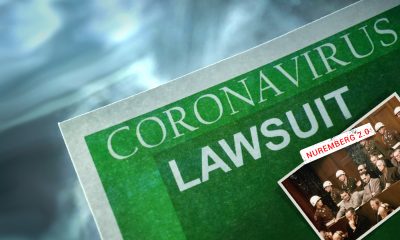
 Crime5 years ago
Crime5 years agoLawsuit Filed Against WHO, CDC & the Davos Group for Crimes Against Humanity
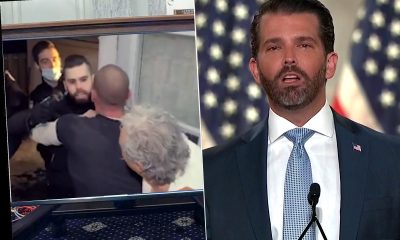
 Crime5 years ago
Crime5 years agoPolice Drags Man Out of Home After Neighbor Snitches on Residents For “Illegally Gathering”

 Government4 years ago
Government4 years agoThe CDC Caught Changing the Definition of ‘Vaccine’ and ‘Vaccination’

 International5 years ago
International5 years agoAirlines Warning COVID-19 VACCINATED NOT TO FLY!

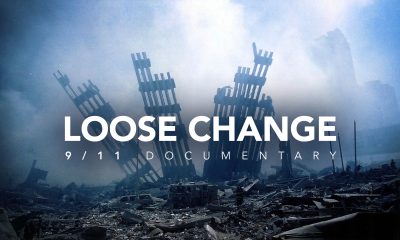

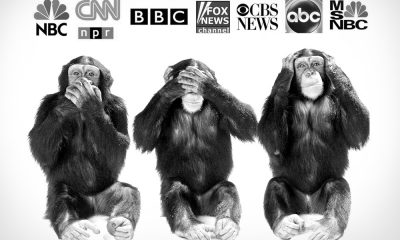

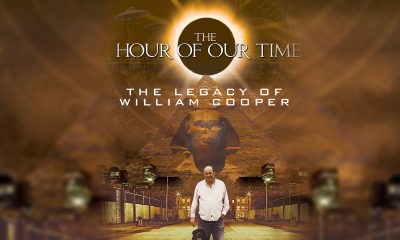









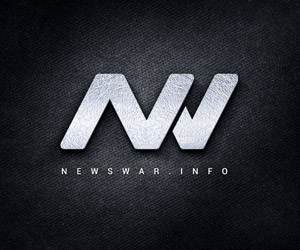
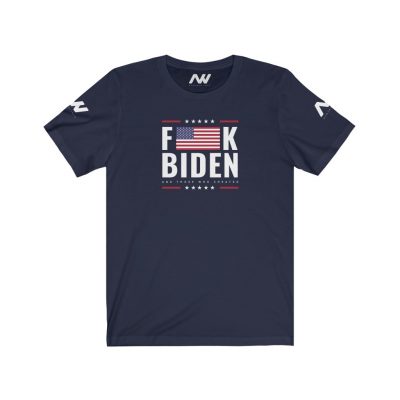
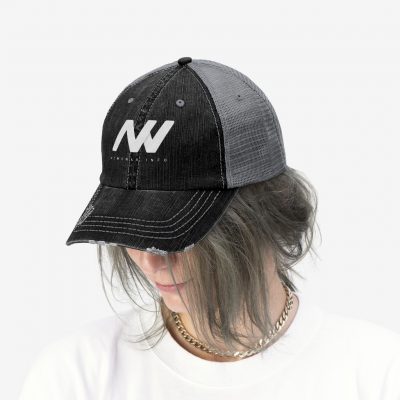
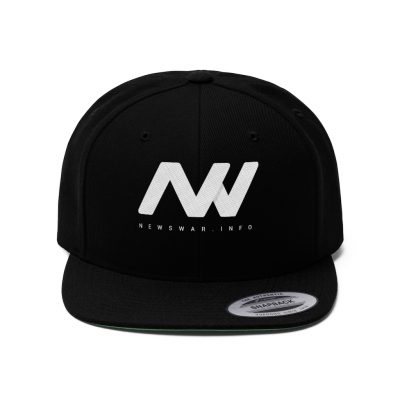
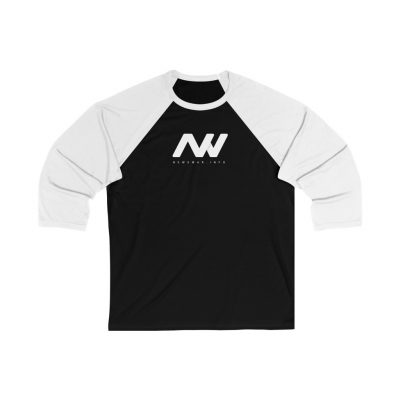
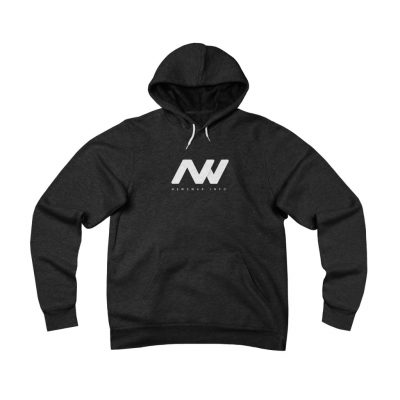
0 Comment